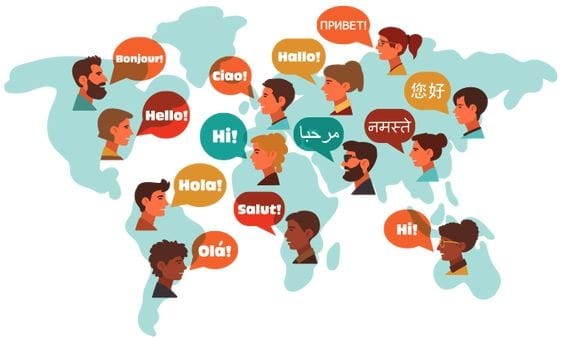Connecting Through Words: Building Stronger Relationships with Journaling

Connecting Through Words: Building Stronger Relationships with Journaling
In our fast-paced digital world, it's easy to lose touch with our inner selves and those around us. One powerful tool for deepening connections and understanding is surprisingly simple: journaling. This age-old practice of putting pen to paper (or fingers to keyboard) can have profound effects on our relationships, both with ourselves and others.
The Power of Self-Reflection
Journaling, at its core, is a form of self-reflection. By regularly writing about our thoughts, feelings, and experiences, we gain clarity about our own emotions and motivations. This self-awareness is the foundation for healthy relationships. When we understand ourselves better, we're better equipped to communicate our needs and boundaries to others.
Empathy Through Expression
As we practice articulating our own experiences through journaling, we naturally become more adept at understanding and empathizing with others. The act of writing helps us process complex emotions and situations, making it easier to see things from different perspectives. This increased empathy can lead to more compassionate and understanding interactions with friends, family, and partners.
Conflict Resolution Skills
Journaling can be an excellent tool for working through conflicts. By writing about disagreements or misunderstandings, we can:
- Identify our true feelings about the situation
- Explore potential solutions without the heat of the moment
- Gain perspective on the other person's point of view
- Prepare for difficult conversations in a thoughtful manner
Gratitude and Appreciation
Incorporating gratitude journaling into our routine can significantly impact our relationships. By regularly noting what we appreciate about our loved ones, we train our minds to focus on the positive aspects of our relationships. This practice can lead to increased expressions of appreciation in daily life, strengthening bonds and fostering a more positive relationship dynamic.
Shared Journaling Experiences
While journaling is often a solitary activity, it can also be a shared experience that brings people closer together. Consider these ideas:
- Couple's journals where partners take turns writing entries or responses to each other
- Family journals that capture shared memories and experiences
- Friend groups using journaling prompts as a way to deepen their conversations
Getting Started
If you're new to journaling or want to use it more intentionally for relationship building, here are some tips:
- Set aside regular time for journaling, even if it's just 5-10 minutes a day.
- Use prompts focused on relationships, such as "What do I appreciate about [person] today?" or "How can I be a better friend/partner/family member?"
- Be honest in your writing – remember, this is for your eyes only unless you choose to share.
- Reflect on your entries periodically to track your growth and insights.
Conclusion
In a world where genuine connection can feel increasingly rare, journaling offers a path to deeper, more meaningful relationships. By fostering self-awareness, empathy, and intentional reflection, this simple practice can transform how we relate to ourselves and others. So grab a notebook or join us at Sharings.Me, and start connecting through words today.




